(choose one from each institution)
Medical Imaging 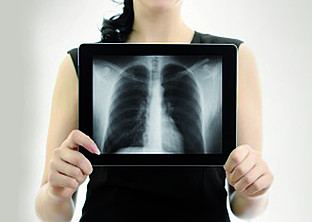
Salzburg University of Applied Sciences
Image and signal processing applications in medicine are optimized with respect to the numerous modalities and sensors used. Images need to be segmented, co-registered and processed with respect to contextual knowledge. Students get to know the most popular tools and libraries, and acquire competences in designing solutions for tomorrow‘s medical technology.
Platform Specific Signal Processing 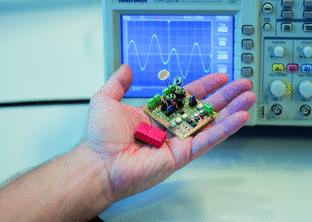
Salzburg University of Applied Sciences
Modern architectures for processing images and signals require tailored implementations of algorithmic concepts which exploit the functional framework of the hardware environment and achieve the best possible performance. Students study concepts like fixed point formats, parallelization and hardware description languages and become experts in designing applications on dedicated hardware.
Machine Learning 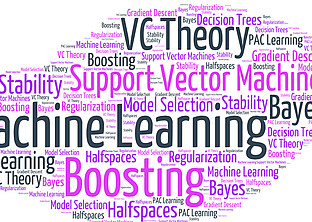
Paris Lodron University of Salzburg
Machine learning is the study of how to program computers to „learn“ from available input data. In other words, it is the process of converting experience in the form of training data into expertise to solve a variety of different tasks. Fundamental concepts such as probably approximately correct (PAC) learning, Vapnik–Chervonenkis theory and applications thereof are considered and applied in the analysis of popular learning
algorithms such as Boosting or support vector machines.
Biometric Systems 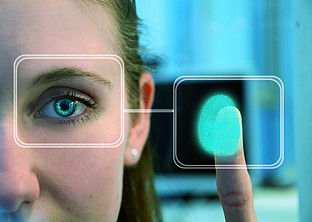
Paris Lodron University of Salzburg
Students study biometric technologies and learn the most common modalities for the identification of individuals. Implications on security and privacy are discussed. Biometry is a generic topic in that various methods and concepts can be found in many other areas of image and signal processing as well, and in that the optimization of systems with respect to risk minimization is of a general nature.
Media Security 
Paris Lodron University of Salzburg
Concepts for encryption, authentification and robust labelling of multimedia data are presented and their application in media forensics is discussed. Since different modalities require highly specialized methods, students will become experts in a range of such algorithms and will be able to design applications that achieve a good compromise between robustness, speed and usability.
Computational Geometry 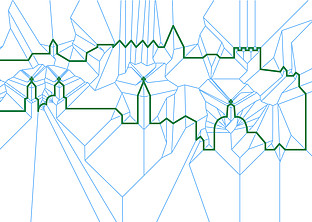
Paris Lodron University of Salzburg
Computational geometry is the study of the design and analysis of efficient algorithms for solving problems with a geometric flavor. The methodologies of computational geometry allow one to investigate solutions of numerous geometric problems that arise in application areas such as image processing, computer-aided design, manufacturing, geographic information systems, robotics and graphics. This course offers an introduction to computational geometry: We will discuss geometric searching, convex hulls, Voronoi diagrams, straight skeletons, triangulations, and robustness issues.
Data Science 
Salzburg University of Applied Sciences
Students get known to technical and organizational challenges imposed by big data applications and understand methods and algorithms for data-intensive software development. They are aware of the interdisciplinary aspects of big data engineering and have a basic command of established frameworks. As to particular methodology, general linear and nonlinear regression models will be examined in more detail and students will develop the ability to independently apply those techniques and to appreciate the underlying mathematical concepts.
